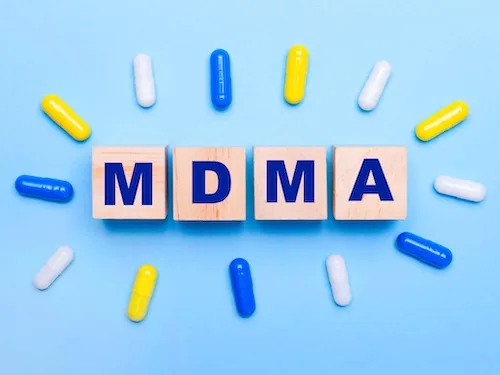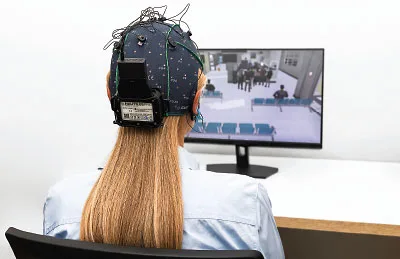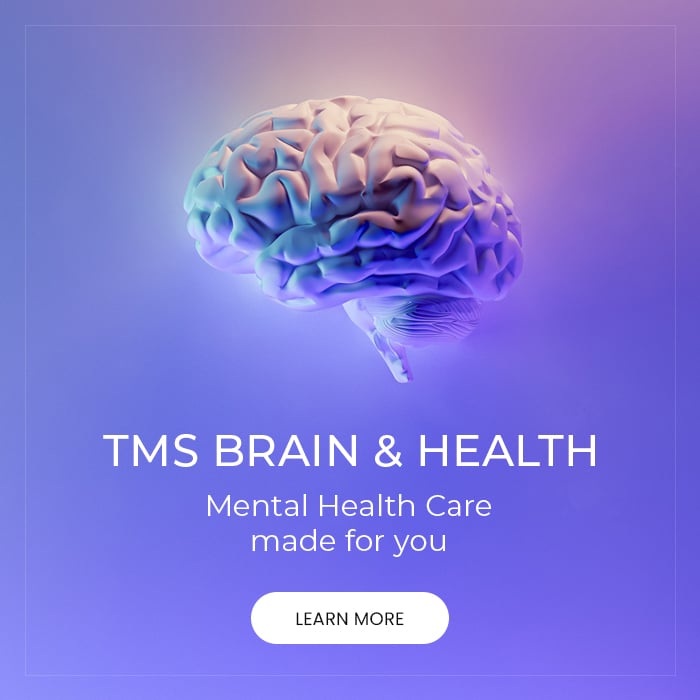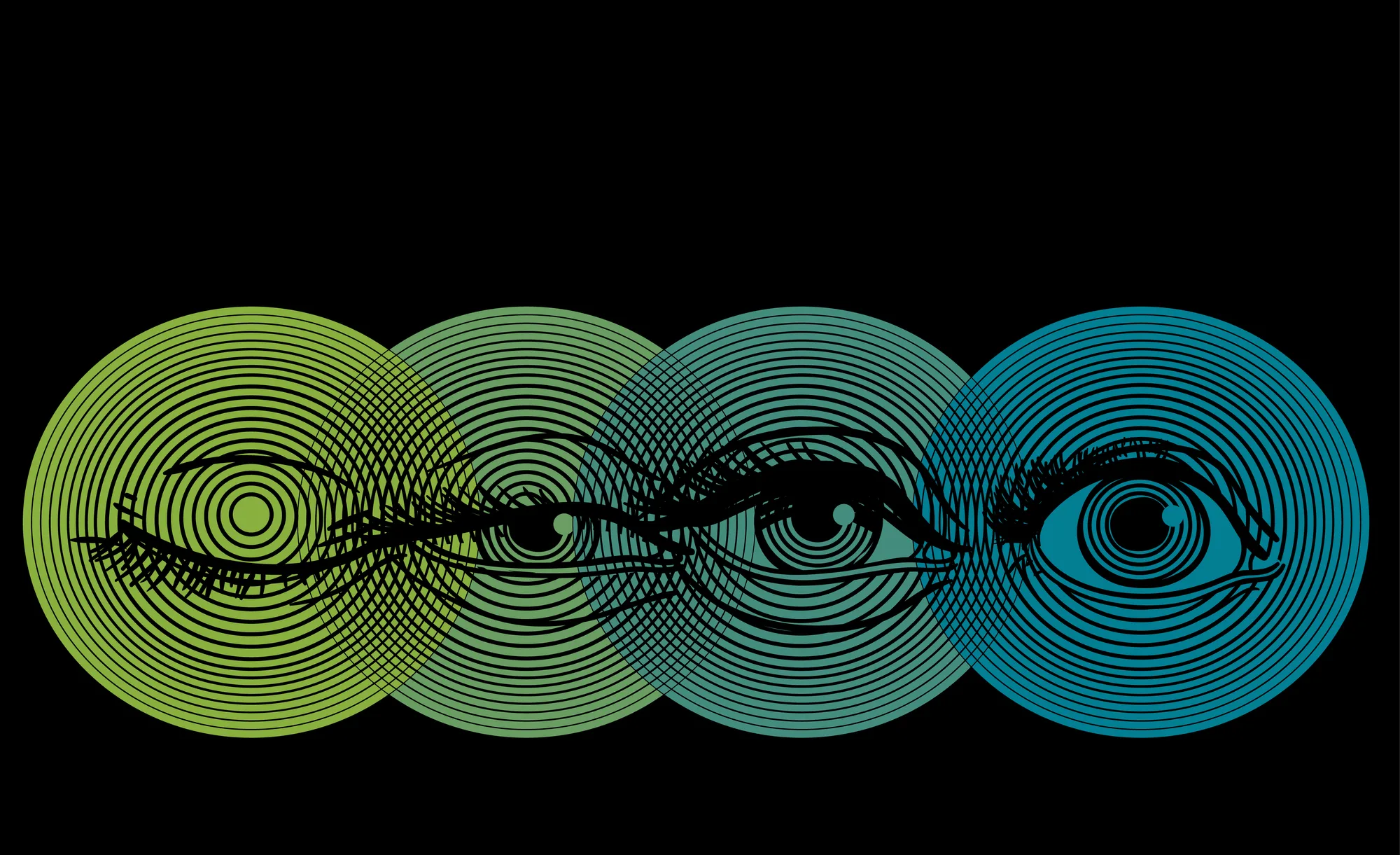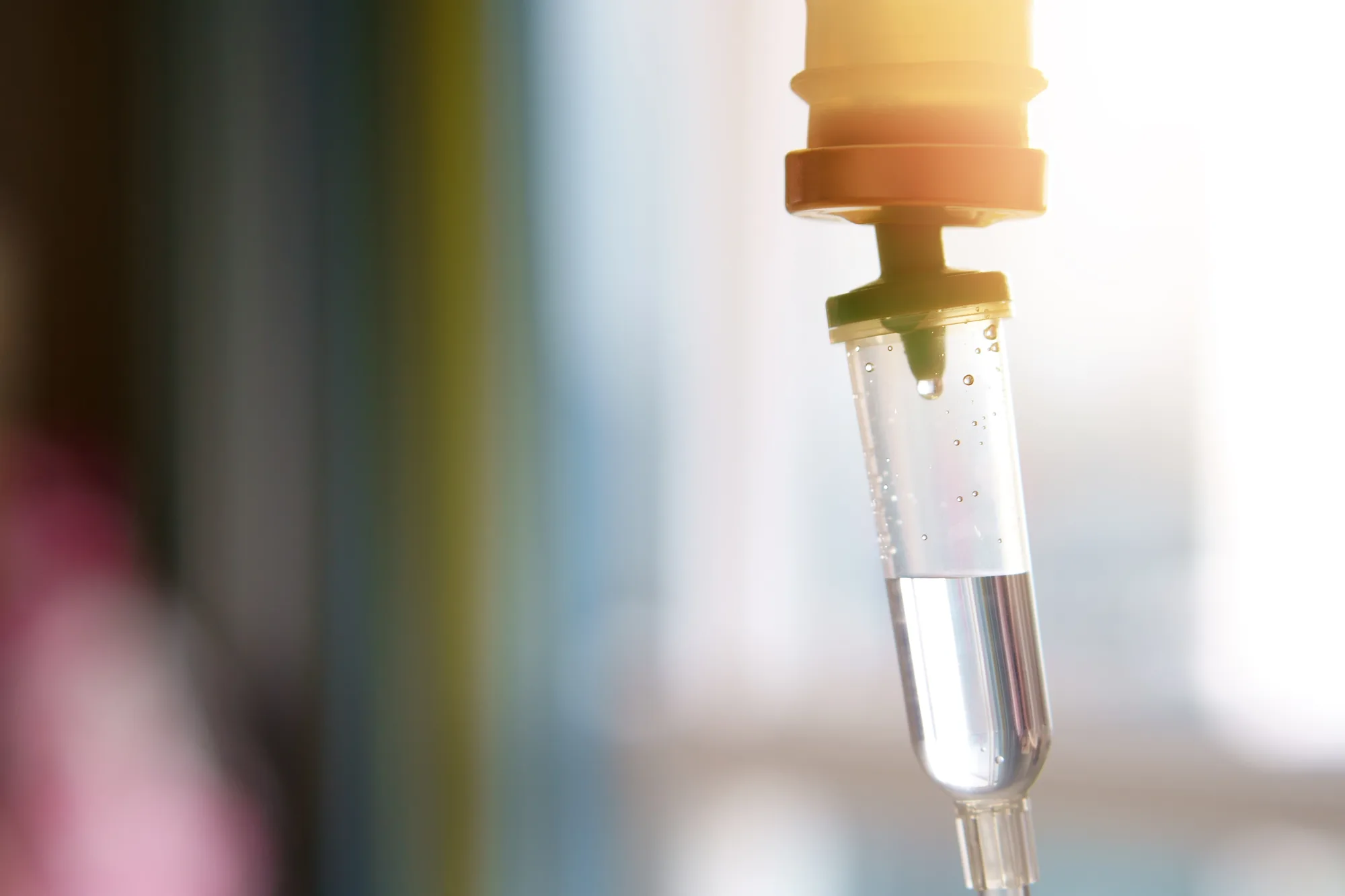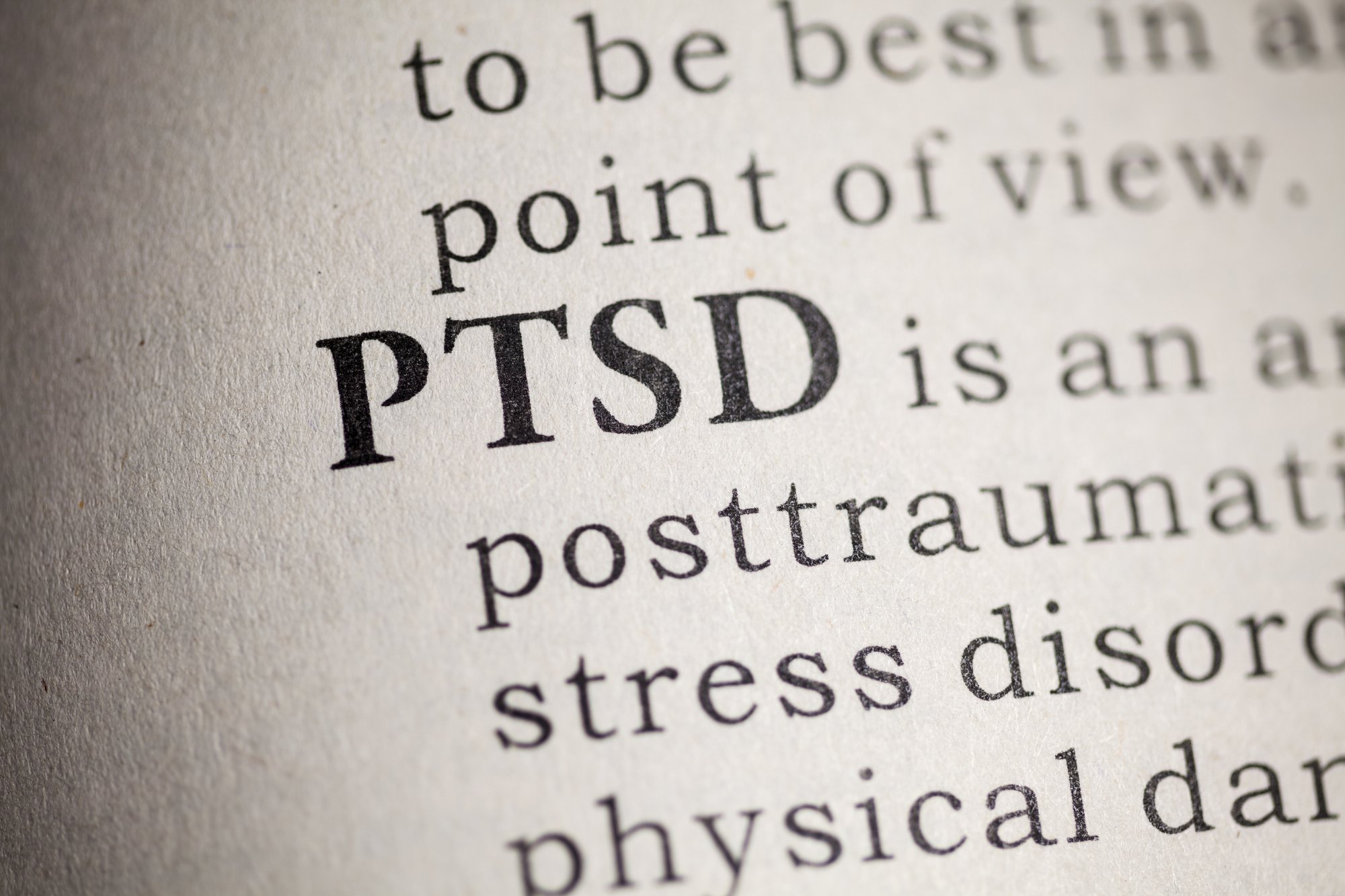Most people have heard of bipolar disorder, but many may not understand the true nature of the disorder, or may have heard common misconceptions about bipolar. Understanding bipolar disorder is essential for finding an effective treatment and providing support to individuals struggling with the condition. Let’s take a look at the different types of bipolar disorder, the known causes, and treatment options.
What is Bipolar Disorder?
For those unfamiliar, bipolar is a mood disorder that is characterized by periods of depression and elevated mood, which can last for days, weeks, or months at a time. A period of severe elevated mood that may be associated with psychotic symptoms is known as mania; less severe periods are referred to as hypomania. During a manic episode, an individual has heightened psychomotor energy and will often exhibit changes in behavior that interfere with the ability to work or socialize. Mania is characterized by increased energy or reduced need for sleep, impulsive or risky behavior, grandiose or racing thoughts, feelings of grand importance or power, and sometimes psychotic delusions or hallucinations.
Types of Bipolar Disorder
The intensity and duration of depressive and manic episodes differs among individuals, and can change over time. In between episodes, individuals often experience stable mood, or euthymia, before having another depressive or manic episode. There are different types of bipolar disorder that describe general patterns of mood states and symptoms.
Bipolar I: When you think of bipolar disorder, this is the type that most likely comes to mind. Bipolar I consists of manic episodes that last at least seven days, and can last many months. Depressive episodes are common but not necessary for a bipolar I diagnosis.
Bipolar II: With bipolar II, individuals have hypomanic episodes rather than full mania, and at least one depressive episode must be present. The milder nature of hypomania can make bipolar II difficult to diagnose as these episodes are less likely to be reported as a distressing period. Bipolar II, however, is more likely to be associated with chronic and crippling depression.
Cyclothymia: This type describes a history of hypomanic and depressive episodes that are not long enough or intense enough to be defined as bipolar I or II. It is characterized by a chronically unstable mood state, and individuals with cyclothymia may experience brief periods of euthymia, but it typically lasts fewer than 8 weeks.
Causes of Bipolar Disorder
The greatest risk factors of developing bipolar disorder are hereditary. Genetic influences account for as much as 73 to 93 percent of one’s risk of developing the disorder. Beyond that, the risk of development is ten times higher among first-degree relatives of individuals diagnosed with bipolar compared to the general population.
Environmental factors can also impact a person’s risk for developing the condition, and genetic dispositions most likely interact with individual psychosocial factors. Among adults diagnosed with bipolar disorder, 30 to 50 percent have reported traumatic experiences in childhood.
Less often, bipolar disorder may develop as a result of a neurological injury or condition such as a traumatic brain injury, stroke, HIV infection, porphyria, multiple sclerosis, or temporal lope epilepsy.
Treatment Options for Bipolar Disorder
Bipolar disorder cannot be cured, so it is a chronic or lifelong disorder. However, there are many treatments available that help people manage their symptoms and prevent depressive or manic episodes. The most common treatment plan consists of a combination of psychotherapy and medication.
Talk therapies are often the first recommended treatment for bipolar disorder. Therapies like cognitive behavioral therapy, or CBT, can help individuals identify and adjust thoughts, emotions, and behaviors that cause problems in their life. Patients can learn tools and techniques for managing symptoms that can help them function in day-to-day life.
Mood stabilizers: For long-term management of bipolar disorder, mood stabilizers such as lithium and some anticonvulsants are often prescribed. Lithium can reduce the risk of suicide and is generally preferred, however it is also associated with health risks such as kidney erosion and thyroid dysfunction. For treating manic episodes, Valproate is commonly used. Mood stabilizers are effective for long-term maintenance but are not able to quickly treat acute bipolar depression.
Antipsychotics: For short-term treatment of manic episodes, antipsychotics are more effective than lithium or anticonvulsants These will be used when manic symptoms are intense or severe and require fast-acting treatment.
Antidepressants: For depressive episodes and symptoms, antidepressants like SSRIs or SNRIs are often prescribed. Antidepressant medications do not provide any benefit over mood stabilizers and aren’t recommended for use alone to treat bipolar disorder.
At Bespoke Treatment, we provide a number of alternative treatment options that are effective for the depressive symptoms associated with bipolar disorder, including transcranial magnetic stimulation and ketamine therapy.
Transcranial magnetic stimulation, or TMS, is an FDA-approved treatment for depression that doesn’t involve medication or surgery. During TMS, magnetic pulses are applied to the scalp, which reach neurons within the brain and activate neural activity. TMS has the ability to provide long-lasting relief from depression symptoms and can help individuals with bipolar disorder who experience more intense depressive episodes.
Ketamine is another alternative treatment for depressive symptoms that is extremely effective for treatment-resistant depression. Spravato, an esketamine nasal spray, was FDA-approved to treat depression in 2019. Ketamine also has the ability to create lasting change within the brain, even after the first dose. Some individuals with bipolar may choose to use ketamine treatment to help manage or mitigate depressive episodes.


